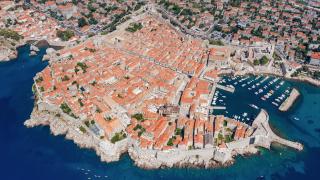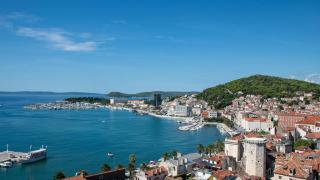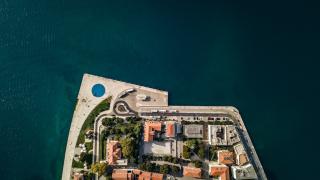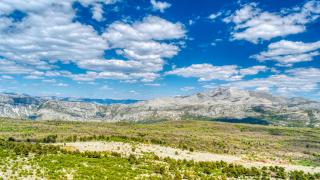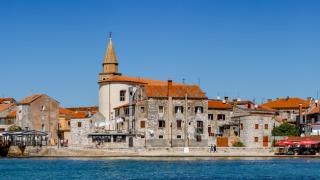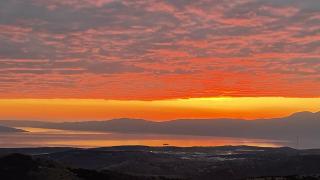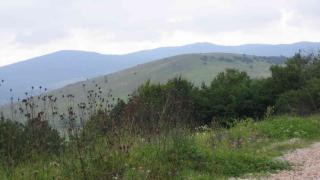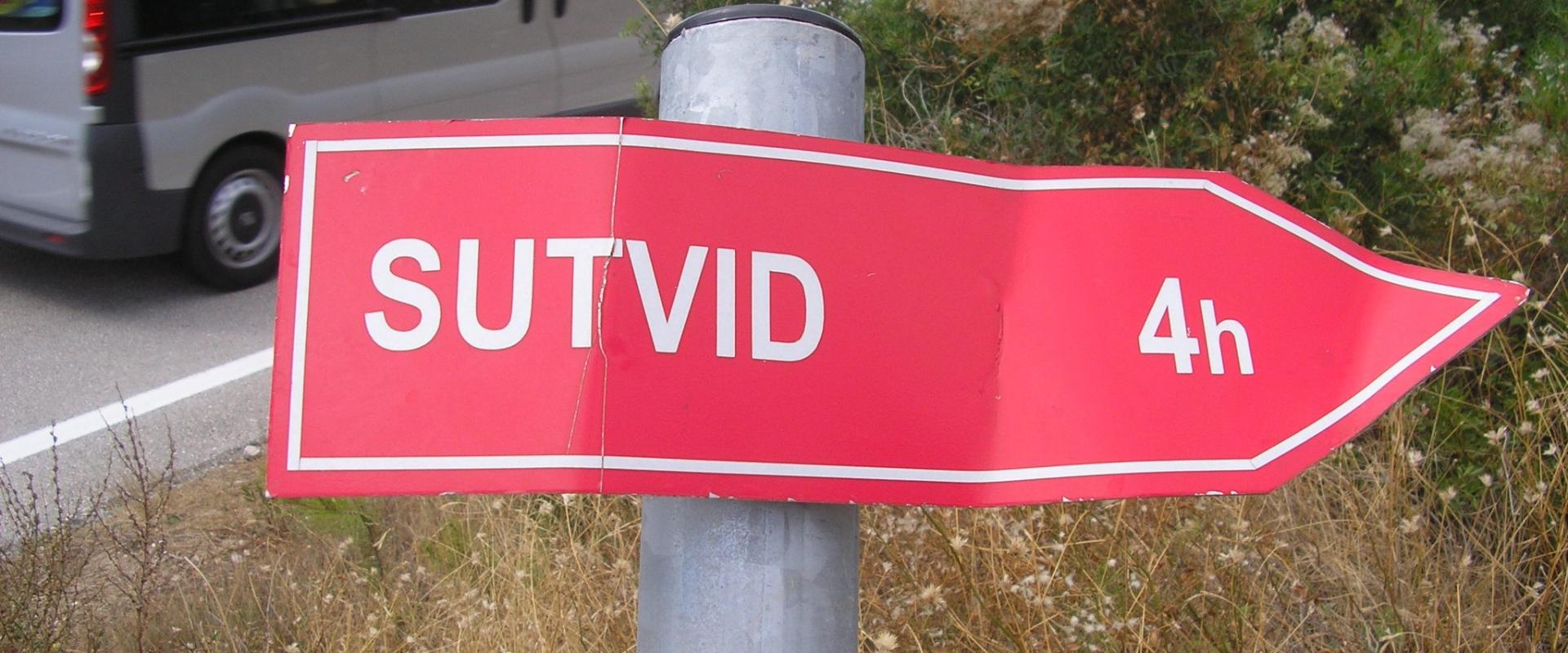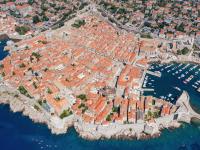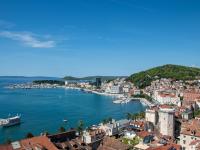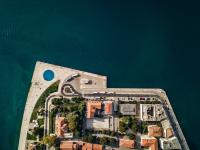What Does Daily Life Cost?
Croatia attracts digital nomads, retirees, and travelers for its balance of quality and affordability. Daily costs depend on location.
- Coastal cities like Split and Dubrovnik are more expensive, especially in summer.
- Inland towns such as Osijek or Varaždin are cheaper for rent and dining.
- In Zagreb, a one-bedroom apartment in the city center averages €600-€800 per month.
- Outside the center, rent drops to €400-€600.
- Utilities (struja, voda, grijanje) add €100-€150 monthly.
- A basic meal in a local restoran costs €8-€12.
- Groceries for one person average €200-€250 per month.
- A monthly public transport pass in Zagreb is around €50.
- Coffee (kava) at a café is €1.50-€2.
- Healthcare is public and affordable, but private clinics charge €30-€50 per visit.
Prices rise in tourist hotspots and during peak season. Budgeting is essential for a comfortable stay, especially along the Adriatic coast.
Accommodation Price Breakdown
Accommodation costs in Croatia vary by city, season, and type.
Hostels:
- Dorm beds in Zagreb or Split: €18–€30 per night in summer.
- Dubrovnik: €25–€40 per night during July and August.
- Off-season (November–March): prices drop by 30–50%.
Hotels:
- Three-star hotels in Zagreb: €60–€90 per night.
- Split and Dubrovnik: €90–€150 per night in peak season.
- Coastal towns like Zadar or Rijeka: €70–€120 per night.
- Winter rates can be 20–40% lower, except during Christmas or festivals.
Private apartments (apartmani):
- Studio in Zagreb: €400–€600 per month (long-term).
- Split or Dubrovnik: €700–€1,200 per month (long-term).
- Short-term rentals (Airbnb): €50–€120 per night on the coast in summer.
- Inland towns: €30–€60 per night, even in July.
Seasonal fluctuations: July and August are most expensive, especially on the Adriatic coast. May, June, September offer better deals.
Tips for saving:
- Use local platforms like Njuškalo.hr for long-term rentals.
- Book last-minute in shoulder season for discounts.
- Avoid Old Towns in Dubrovnik or Split for lower nightly rates.
- Negotiate for stays longer than one month.
Eating Out and Groceries
Eating out in Croatia varies by location and type of venue.
- Coffee at a local cafe: €1.50–€2.50. Espresso is standard. Prices are higher in Dubrovnik and Split.
- Lunch at a konoba (traditional tavern): €8–€15 for a main dish. Seafood is pricier on the coast.
- Dinner in a mid-range restaurant: €15–€25 per person, excluding drinks. Coastal cities charge more, especially in peak season.
- Fast food (burek, pizza slice): €2–€4. Found in bakeries and snack bars across Croatia.
Groceries are affordable, especially inland.
- 1 liter of milk: €1.10. Bread loaf: €1.20–€1.50. 1 kg chicken breast: €7–€9.
- Local cheese (paški sir): €15–€25/kg. Seasonal fruit and vegetables: €1–€2/kg at markets.
- Supermarkets (Konzum, Lidl, Spar) are cheaper than small shops. Coastal towns see higher prices, especially in summer.
Regional differences:
- Zagreb and inland towns offer lower prices than the Adriatic coast.
- Local specialties like ćevapi or black risotto are cheapest in neighborhood konobas, especially outside tourist zones.
Tip: Shop at morning green markets (tržnica) for best deals on fresh produce.
Getting Around: Transport Costs
Public transport in Croatia is affordable.
- In Zagreb, a single ZET tram or bus ticket costs €0.53 (30 minutes) or €0.80 (60 minutes).
- In Split, a one-way Promet bus ticket is €1.50 within city zones.
- Dubrovnik’s Libertas buses charge €1.99 for a single ride purchased at kiosks.
Intercity travel options:
- Intercity buses connect most towns. Zagreb to Split by bus: €20–€30, 5–6 hours.
- Trains are slower and less frequent. Zagreb to Rijeka by train: €15–€20, 4–5 hours.
- Jadrolinija ferries link coastal cities and islands. Split to Hvar: €8–€12, 1 hour.
Car rental and fuel:
- Car rentals start at €30–€50 per day in low season. Summer rates are higher.
- Petrol (Eurosuper 95) averages €1.55–€1.70 per liter.
Budget tips:
- Use monthly public transit passes: Zagreb €47, Split €33, Dubrovnik €35.
- Buses are cheaper than trains for most routes.
- Ferries are cost-effective for island travel. Book tickets in advance during summer.
Everyday Essentials & Extras
Mobile data and SIM cards: Prepaid SIMs from Hrvatski Telekom, A1, or Telemach cost €5–€10. Data packages: 10GB for €10, valid 30 days. Unlimited tourist SIMs: €15–€20 for 7 days. Internet: Monthly home broadband (fiber) in cities: €25–€35. Healthcare: EU citizens with EHIC get emergency care at public hospitals. Non-EU travelers pay €30–€70 for basic doctor visits. Private clinics charge more. Activities: Entry to Plitvice Lakes: €23–€40 (seasonal). Dubrovnik City Walls: €35. Museum tickets: €5–€12. Sea kayaking tours: €35–€50 per person. Incidentals: Tourist tax: €1.50–€2.50 per night, paid at accommodation. Tipping: 5–10% in restaurants, optional elsewhere. Unexpected costs: ATMs may charge €3–€5 per withdrawal. Some beaches charge €2–€5 for a sunbed. Many attractions accept card, but cash is still needed in rural areas.
Smart Budgeting: Local Tips
Avoid tourist traps in Dubrovnik’s Old Town and Split’s Riva promenade. Prices here are highest.
Visit in May, June, or September for lower accommodation and food prices. Peak season (July-August) doubles costs in coastal cities.
Shop at local markets (tržnica) for fresh produce, cheese, and bread. Prices are lower than supermarkets. Example: kilo of tomatoes at Dolac Market, Zagreb: €2.50.
Eat at local bistros (marenda) or bakeries (pekara). Burek or sandwich: €2–€3. Avoid waterfront restaurants for cheaper meals.
Use Konzum or Lidl for groceries. Weekly groceries for one: €40–€50 in most cities.
Sample daily budgets:
- Budget traveler: €35–€50 (hostel, bakeries, public transport)
- Mid-range: €70–€120 (private room, konoba meals, ferries)
- Luxury: €180+ (hotel, fine dining, taxis)
Book ferries and buses online for lower fares. Local bus tickets are cheaper than taxis. Always ask for receipts in restaurants.
